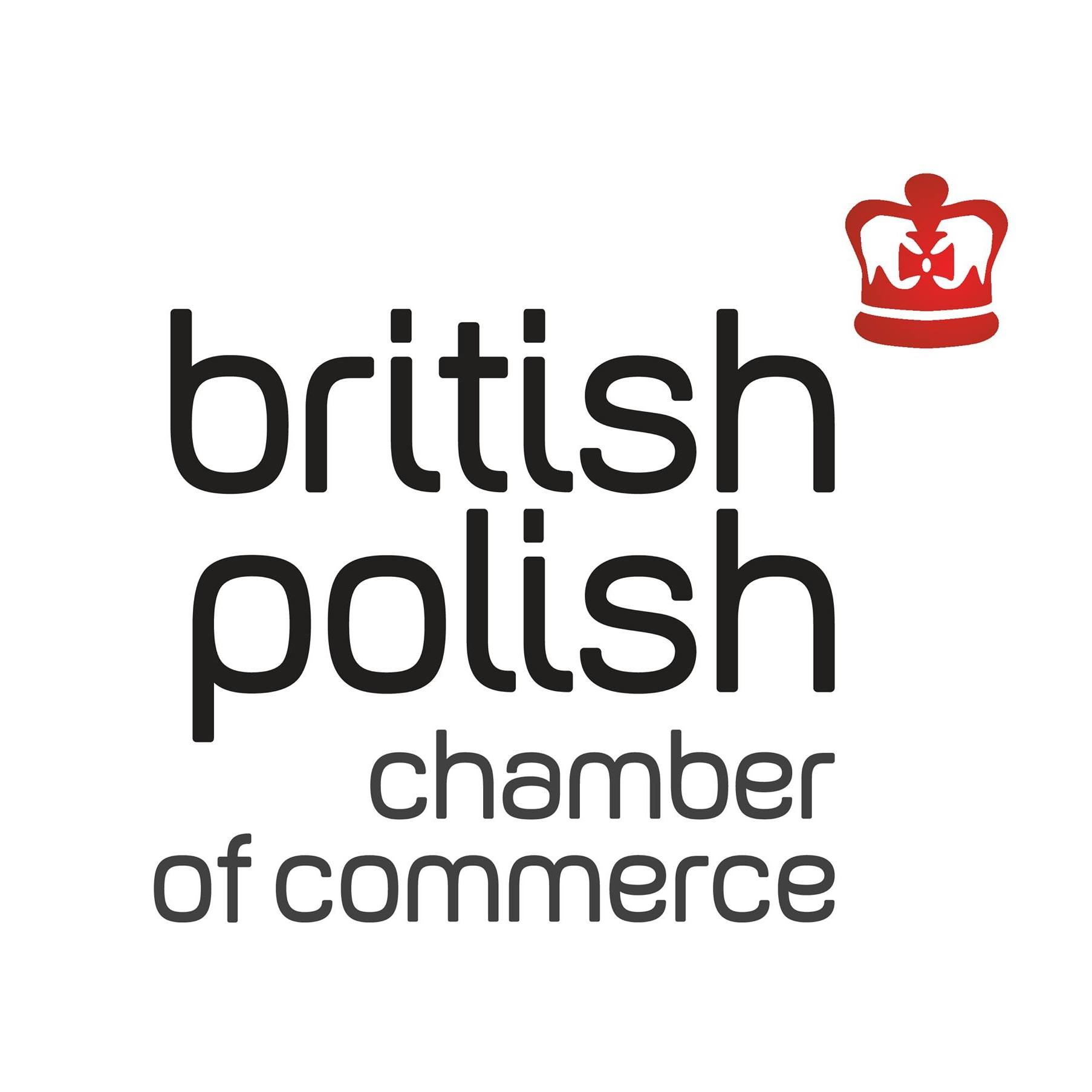- Editorial note
- Interviews
- Digitalisation
- Events Coverage
- CEO's note
Personalised service is the most important driver of customer satisfaction
British Polish Chamber of Commerce | Jun 20, 2022, 20:56
Half of service centres will invest in the development of chatbots and a third in mobile applications.
 According to the Customer Service Excellence 2022 report prepared by Deloitte Digital every third customer expects a personalised approach, and getting such service has a greater impact on satisfaction than the time it takes to solve a problem. Respondents most often indicate self-service as the channel that will be most important in building a positive customer experience.
According to the Customer Service Excellence 2022 report prepared by Deloitte Digital every third customer expects a personalised approach, and getting such service has a greater impact on satisfaction than the time it takes to solve a problem. Respondents most often indicate self-service as the channel that will be most important in building a positive customer experience.
Conducted in the first quarter of 2022, the Customer Service Excellence survey was designed to understand the state of customer service, trends and differences between industries and regions. This year Deloitte Digital’s survey also included an additional dimension, as respondents not only rated customer, but also employee satisfaction.
As the customer needs and expectations observed in our research are universal, they can be used to create global guidelines indicating the most important elements of the customer experience. It turns out that reliability, security and trust have the biggest impact on customer satisfaction, and the main obstacle to achieving it is an inefficient way of solving problems.
Self-service on the rise
According to the Deloitte Digital report, companies have recognised the value of investing in and taking advantage of self-service opportunities. This channel will receive relatively most attention in the near future. Currently 57% of respondents declare using it, as many as 35% of them indicate the need to develop existing self-service solutions, and additional 25% are planning such investments. Even more important will be chats, currently used by half of the companies. In fact, all companies not yet using it are planning such investments. If they implement thoese plans, chat will become the most popular channel, alongside email and phone, made available by companies to their customers. The next most invested channel will be mobile applications (38%).
The survey shows that, in general, companies’ main investment interest lies in channels related to enhancing self-service capabilities. Ensuring adequate functionality in this area is a long-term effort that requires a thorough understanding of customer expectations.
Survey participants also list the most common reasons for customers to contact service centres. These are: order or delivery issues (43%), getting product or payment information (39% each), reporting a problem with products (38%) or a technical problem (36%), checking the status of a case (31%), and purchasing products or services (26%). According to Deloitte Digital experts, these responses indicate potential areas where the introduction of automation or self-service tools will bring the greatest effects.
The resulting benefits may not only improve customer satisfaction, but also allow to reduce service costs and increase employee satisfaction.
What do customers and employees care about?
The Deloitte Digital survey confirms that, according to customer service leaders, customers have a clear and growing need for support through personalised service. In fact, respondents rated this approach as the most important factor customers care about, which also had the biggest positive impact on customer satisfaction, with 30% of respondents indicating this. In second place was time (28% of responses), and in third place was the achieved result of actions taken (22%). According to Deloitte Digital experts, as there are no significant differences between the main indicators, companies should not focus on one of them.
The survey also shows which customer service centres are most effective. These are independent departments within organisation, with a wide range of skills, where tasks are distributed automatically. This approach is much more responsive to the customer needs than if they are divided by channel, process or customer type. These teams are more flexible to current needs and are able to adapt better to changing circumstances.
However, this comes with a cost that companies must consider – employee satisfaction levels are lower in such multi-tasking teams. Changing contexts and tasks for which broad competencies are needed are demanding, so companies need to develop effective knowledge management strategies and take even greater care of employee wellbeing. Fortunately, most companies (71%) included in the report regularly conduct employee satisfaction surveys. However, there are significant differences between regions – in Scandinavia, 90% of companies conduct them, three quarters in Western Europe and only 58% in Central Europe.
Among priorities for the coming year, service teams most often indicate measures to improve customer satisfaction – this is what 61% of respondents to the Deloitte Digital survey believe. Almost half thinks that reducing response times to enquiries is such a task, while increasing the number of cases handled is considered the least important – mentioned by only one in seven respondents. There is a discrepancy between the indicators that are important to customer service centres and what’s important to customers themselves. In both cases, however, issues related to self-service or conversational capabilities, such as through automated tools as chatbots or mobile applications, are gaining importance.
About the survey
The Customer Service Excellence 2022 study was conducted on the leaders of 312 customer service centres who assessed overall customer satisfaction and employee satisfaction. Respondents represented 27 countries from Europe (94%), Africa (5%) and other continents (1%). In the aggregate analysis, we used data from all countries, but regional analysis is only conducted for three European regions: Scandinavia, Central and Western Europe. The survey was conducted using the CAWI (computer-assisted web interview) method (survey completed remotely) in Q1 2022.








